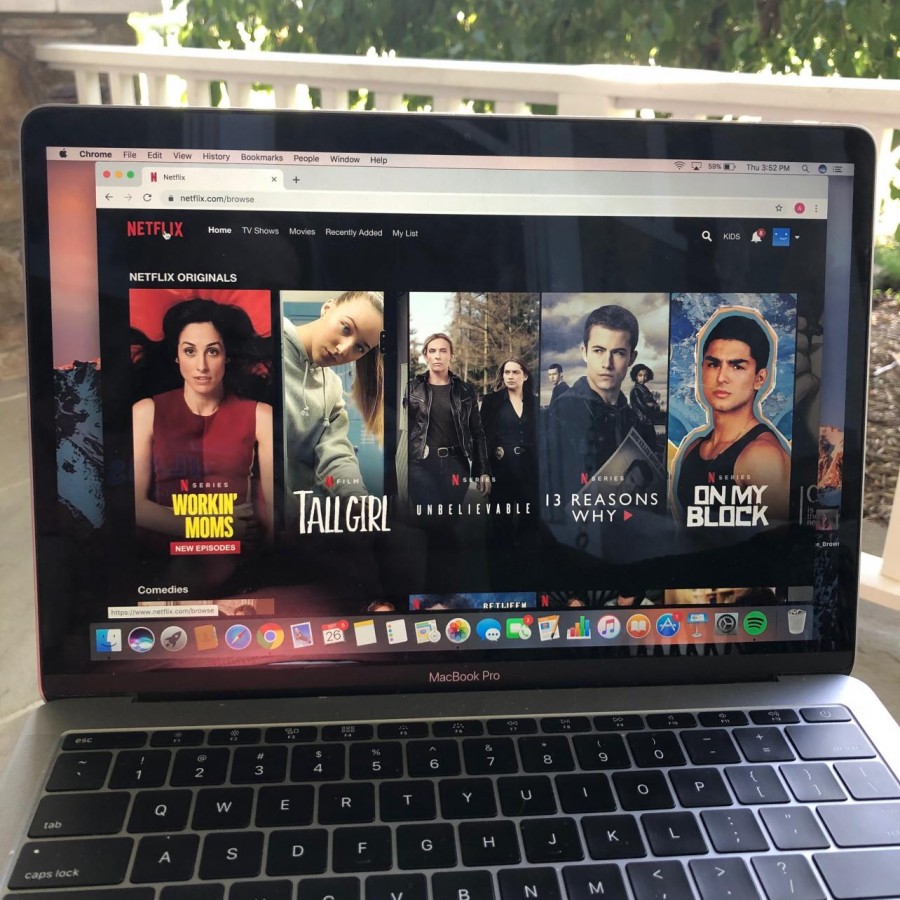As streaming services gain prevalence in today’s society, they are causing both positive and negative changes to the film industry’s conventional format.
Most people are familiar with the countless streaming services that have started to flood the market. Hulu, Amazon Prime Video and Netflix have been the main competitors reaching for a presence in the industry, but with the introduction of streaming services from Disney and Apple, it’s no secret that everyone wants a piece of the successful streaming model.
As more streaming giants emerge, it’s clear that change is coming to Hollywood. Jason Blum, producer of ‘Get Out,’ was quoted for the New York Times saying, “I’ve never felt the nervous energy in Hollywood that I’ve felt over the last 12 months, and it increases every day. There’s an uncertainty about the future, because the change is happening in an incredibly dramatic way.”
Many filmmakers, most of whom entered the industry before streaming platforms had gained a prevalence, believe that films are an art form that is meant to be viewed in a theater. Since the beginning of filmmaking, movies themselves have often been the cornerstones and souvenirs of each generation’s culture, largely due to the fact that ‘going to the movies’ was such a staple of the American experience.
In today’s climate, however, streaming services are causing the convenience of home to have a stronger pull. Senior Ella Rekow said that, not unlike the rest of her generation, “The only place I watch [movies] is Netflix.”
In explanation of these recent trends, Donald Fry, teacher of PV’s film course and streaming critic, said, “The film industry is competing with people who don’t want to leave their house, and they can see…any movie they want, any time…that’s huge competition.”
Revenue from streaming subscriptions is predicted to reach a lofty $46 billion in 2019, eclipsing the box office’s forecasted revenue of $40 billion. In a recent study it was found that only 14% of Americans visited a movie theater ‘frequently,’ which when coupled with the revenue forecast spells out a problem for the traditional format of the film industry.
However, streaming can’t be looked upon in a strictly negative light. Fry admitted that “…streaming films are quality…they’re getting better every time.” His opinion is verifiable, considering the awards and accolades that original content from streaming platforms have racked up at this year’s Oscar and Emmy ceremonies.
Some filmmakers are even beginning to see streaming’s power as an asset. Ava Duvernay, a successful and prominent director, came to this epiphany when her Netflix-produced documentary about prison inmates pulled in 4 times the viewers as the box-office released “Selma,” an Oscar-hopeful film.
“I’m told by the system that [a box office release] is what matters, but then people aren’t seeing your movies,” Duvernay admitted to the New York Times, acknowledging, “If I’m telling these stories to reach a mass audience, then really, nothing else matters.”









